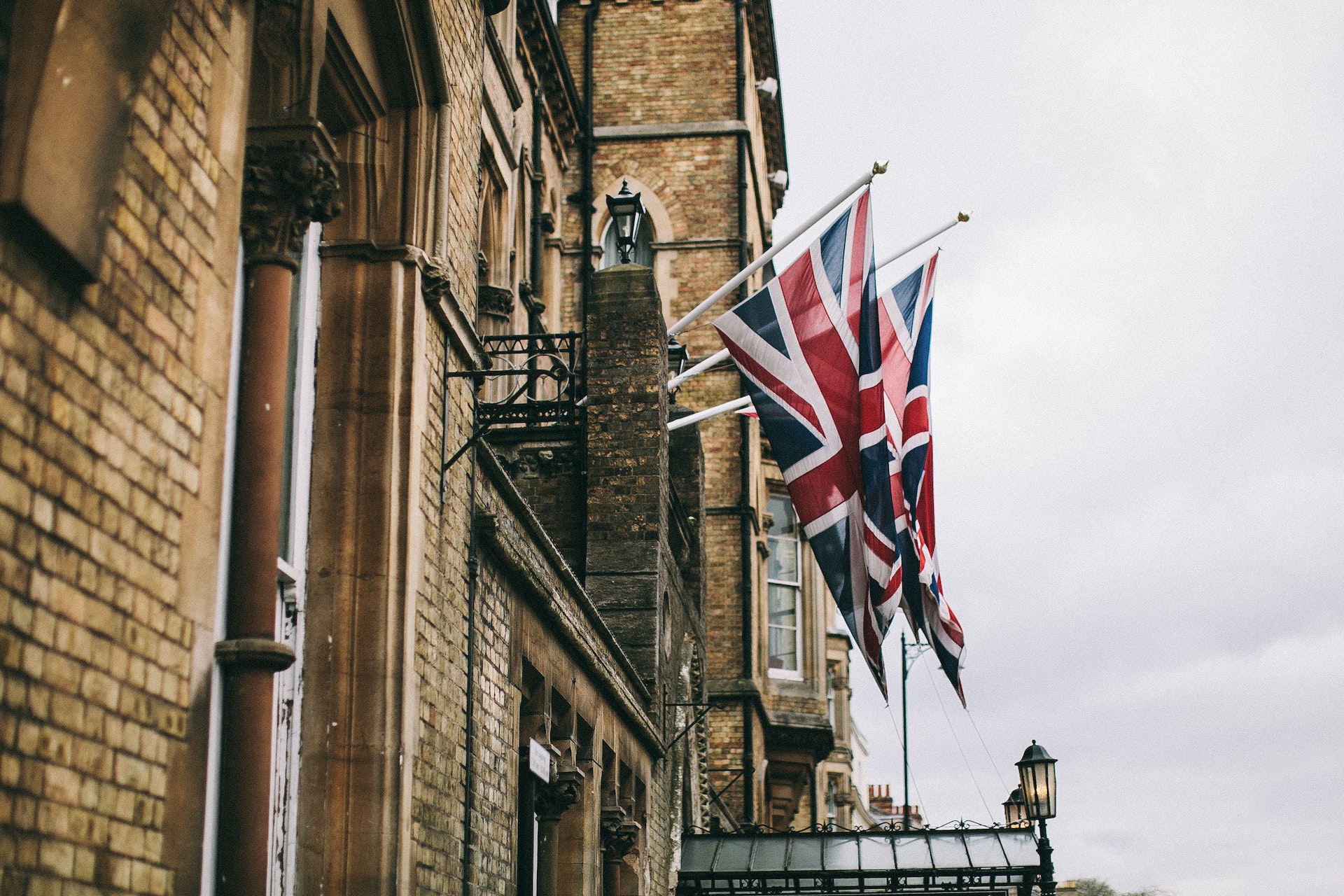INTRODUCTION
The cabinet is the real executive, and the Prime Minister is the Key man of it. He holds the most critical position in the ministry. He is virtually head of the administration while other ministers serve at his pleasure.
He is the repository of supreme executive authority and enjoys adequate jurisdiction and control over legislation as the leader of the House. The whole machinery of the Government revolves around him.
OFFICE OF BRITISH PRIME MINISTER
Office of the British Prime Minister is the production of a convention. No statute legally recognizes this post since theoretical ministers stand equally, but over time, the position of prime minister evolved and was recognized by the 1937 Act. In this act, the Prime Minister’s official salary was fixed.
WHO WAS WALPOLE?
Walpole was the first prime minister. The term prime minister appeared first in public records in 1878 and later in the Articles of the Treaty of Berlin but was legally recognized in 1937.
METHOD OF ELECTION OF PRIME MINISTER
Essential factors in choosing the Prime Minister are the following:
1. Members of His Party:
There are two parties in the British parliament, i.e., the Conservative Party and the Labor Party. Each party elects its leader based on his competence and role in its activities.
2. Voters in the Country:
After the party leaders have been elected, the stage of selecting the prime minister by the public arises. Many factors influence the people’s choice while electing the prime minister since they know that along with the prime minister, they would also choose the Government for themselves.
3. Appointment by the Queen:
The Queen summons the majority party’s leader in the House of Commons and appoints him as the prime minister. In contrast, the leader of the minority party becomes the leader of the opposition.
SALARY OF PRIME MINISTER
Formerly, no salary was paid to the prime minister. He drew a salary as the incumbent of another office, usually as the first Lord of the treasury.
In Ministers of the Crown Act, 1937, which provided a salary of £10,000/-. In 1991, the pay was £50,724 and allowances as well.
TENURE OF PRIME MINISTER
The tenure of a prime minister is usually for five years, along with the term or duration of the House Commons.
FUNCTIONS OF THE BRITISH PRIME MINISTER
1. Leader of the House:
He is the majority party’s leader in the House of Commons and holds a position of great power and authority. He issues essential policy statements, and during the parliament sessions, he remains in close touch with the opposition leader.
2. Leader of the Cabinet:
He is chairman of the cabinet and coordinator of its policy. He supervises and coordinates the work of different ministers. He performs an essential role in the formation and working of the cabinet. His opinion carries weight in the cabinet meetings so that he can resolve the differences among the ministers.
3. Leader of the Political Party:
He also acts as a leader of the political party in power outside the cabinet and the House. He forwards the plans and policies of the party to the House of Commons.
4. National Leader:
The opinion of the Prime Minister on national issues is paid due heed, and his statements and speeches are regarded as the most effective channels for moulding public opinion.
5. Link b/w Crown and Cabinet:
He acts as a link between the Crown/King and the cabinet. He keeps the King/Crown informed about all substantial decisions of the cabinet.
6. Chief Advisor of the Crown:
He is the chief advisor to the Crown. The King makes important policy statements on his advice. He also prepares the speech from the throne. He can advise the Crown to summon or dissolve the parliament.
7. Conduct of Foreign Affairs:
His opinion carries particular weight in foreign affairs. He represents the country at important international conferences and heads the prime ministers’ meeting of Commonwealth countries.
8. Head of Civil Service:
He is the head of the civil service, and the whole apparatus of Government is at his command.
9. Control over Finance:
He also controls the finances of the country. The budget is prepared, and all the members are informed about the financial affairs.
POWERS OF BRITISH PRIME MINISTER
1. Patronage:
The British Prime Minister has excellent powers of appointment and removal. He can also grant rewards, honours, and titles. These are his powers of patronage. He also recommends that the Crown award many civil benefits, distinctions, and civil list pensions.
2. Power of Appointment:
He also has the power of recommending the names of persons to the sovereign for appointment to certain high civil, military, and church offices. He also advises the Crown/King on positions of prime councillors, etc.
3. Powers of Removal and Dismissal:
He has the power to remove or dismiss the officers appointed by him or with his approval by the ministers.
4. Right to choose the date of Election:
He is the only person in the British Government who decides when to hold a general election, i.e. to dissolve the parliament and go to the polls.
5. Power of Dissolution:
He is the only person in Britain who can advise the Crown to dissolve the House of Commons before its full term has expired, and according to the convention, the Crown has to accept the prime minister’s advice.
CONCLUSION
The British prime minister is vital in the country’s political system. He is himself a government as he enjoys vast powers and performs many functions. In short, the office of the British prime minister is the most important one in the country’s administrative system.
FAQs
Elucidate the Constitutional Powers of the Prime Minister about the cabinet.
(2019-A)
The British Prime Minister is considered the most powerful person in the UK. Are there any checks on his powers? Explain.
(2016-A)
Discuss the Position of the Prime Minister under the British system.
(2008-S)


